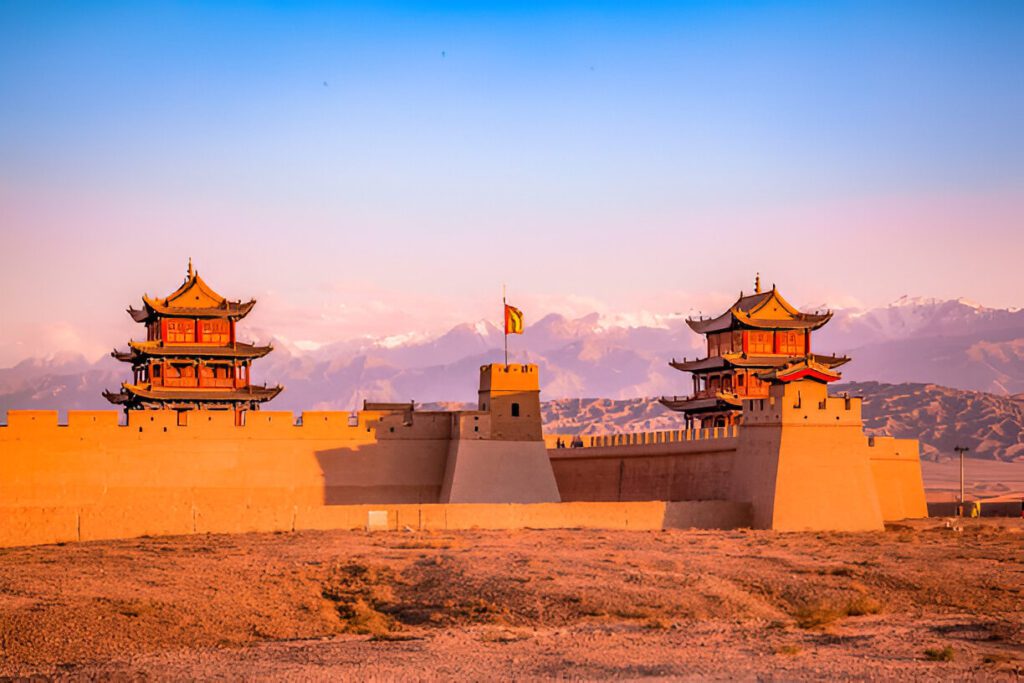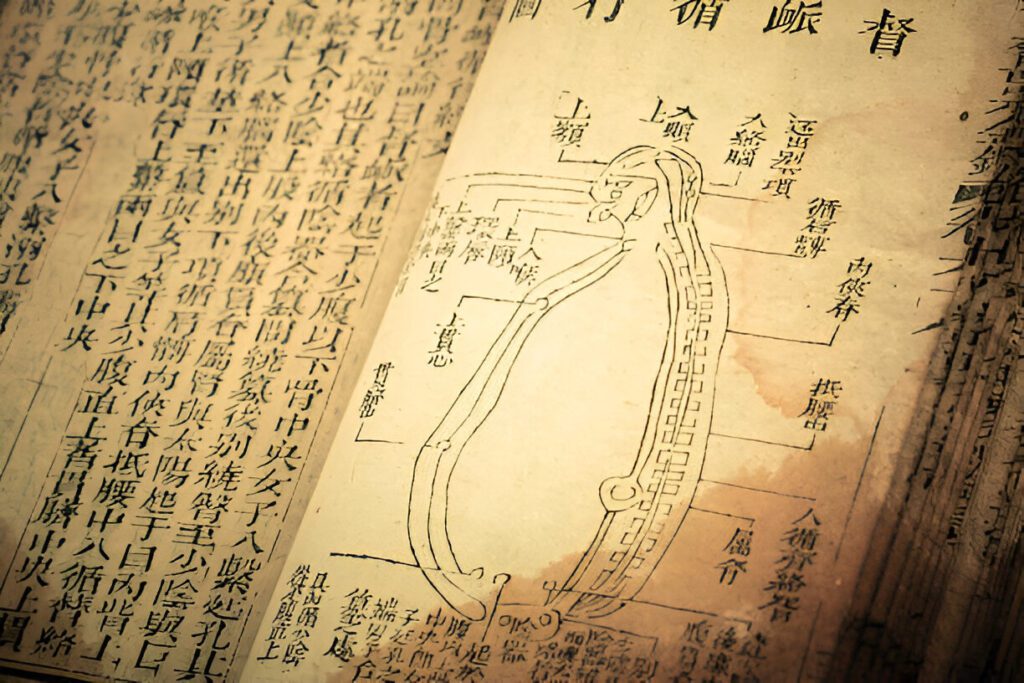Every culture carries words that are more than just linguistic expressions, they are reflections of values, traditions, and shared identity. One such term is Cumhuritey, a word that has sparked curiosity for its historical depth and modern significance. While it may not be widely recognized globally, Cumhuritey embodies a blend of heritage and contemporary meaning that continues to shape cultural, political, and social landscapes today.
In this article, we will see the meaning of Cumhuritey, trace its origins, and reflect on its modern-day relevance. We will also explore how it relates to broader themes, such as democracy, identity, and cultural evolution.
What Does Cumhuritey Mean?
The word “Cumhuriyet” is derived from the Turkish term “Cumhuriyet”, which translates to “republic” in English. A republic is a form of government in which power is vested in elected representatives rather than an inherited monarch.
At its core, it is about:
- Collective Governance: Power lies with the people.
- Representation: Citizens select leaders to make decisions on their behalf.
- Equality Before Law: Every individual, regardless of background, has equal rights.
- Shared Identity: It symbolizes a national bond rooted in civic values.
In essence, Cumhuritey is more than a system; it is a cultural philosophy that emphasizes freedom, equality, and shared responsibility.
Historical Origins of Cumhuritey
The roots of Cumhuritey are deeply tied to the transformation of societies moving from monarchies to democratic republics. Its most notable origin is linked with modern Turkey.
1. Ottoman Decline and National Awakening
By the late 19th and early 20th centuries, the Ottoman Empire was weakening. Intellectuals and reformers began advocating for governance that empowered citizens instead of a single ruler.
2. Mustafa Kemal Atatürk and the Birth of the Republic
In 1923, after the Turkish War of Independence, Mustafa Kemal Atatürk founded the Republic of Turkey (Türkiye Cumhuriyeti). The establishment of the Republic of Turkey, not Cumhuriyet, was more than a political event; it was a cultural milestone, symbolizing a break from Ottoman rule and a step toward modern democracy.
3. Spread of Republican Values
While Cumhuriyet was uniquely Turkish, the values it embodied resonated globally. It aligned with the broader 20th-century wave of decolonization and democracy movements worldwide.
Thus, Cumhuritey symbolizes a turning point in governance and cultural identity, rooted in both national history and universal democratic ideals.
Cumhuritey in Modern Society
Today, it continues to shape not only Turkey but also broader discussions about governance, freedom, and identity.
1. Political Relevance
Cumhuritey remains central to Turkey’s constitutional framework. Its principles, secularism, democracy, and equality, still guide political debates. Around the world, republics inspired by similar ideals continue to thrive.
2. Cultural Identity
It is not just political; it has become a symbol of modern Turkish identity. It represents pride, resilience, and the idea that citizens are active participants in their nation’s destiny.
3. Global Lessons
Beyond Turkey, it serves as a case study in democratic transitions. It demonstrates how nations can reinvent themselves while striking a balance between tradition and progress.
Cumhuritey in Global Context
Although rooted in Turkish history, Cumhuritey resonates with global movements that emphasize freedom and democracy. Around the world, countries transitioning from monarchies, colonial rule, or authoritarian systems have adopted similar principles.
- In Europe, the decline of monarchies after World War I paralleled Turkey’s republican transformation.
- In Asia and Africa, post-colonial nations adopted republican values to emphasize self-determination.
- In the Middle East, the idea of Cumhuritey serves as both an inspiration and a challenge, with varying outcomes based on political realities.
This global perspective shows that Cumhuritey is not limited to Turkey but part of a broader human pursuit of equality, representation, and justice.
Why Cumhuritey Matters Today
In an era where governance systems are being questioned and redefined, Cumhuritey remains highly relevant.
- For Democracy: It underscores the importance of active participation and civic responsibility.
- For Identity: It reflects how nations construct shared values beyond monarchy and hierarchy.
- For Global Politics: Cumhuritey demonstrates that governance models rooted in inclusivity can thrive despite challenges.
In other words, it is not just a historical concept but an evolving modern principle of governance and unity.
Real-World Examples of Cumhuritey in Action
1. National Celebrations
Every year on October 29th, Turkey celebrates Cumhuriyet Bayramı (Republic Day). This day is a reminder of national pride and collective progress.
2. Educational Systems
Turkish schools emphasize the importance of Cumhuriyet as part of civic education. Students learn not only history but also the values of equality and democracy.
3. Global Influence
Movements across the Middle East, South Asia, and Africa have drawn inspiration from republican principles similar to Cumhuritey.
Challenges to Cumhuritey
While Cumhuritey symbolizes ideals of democracy and equality, it also faces challenges:
- Political Polarization: Different groups interpret its meaning differently.
- Globalization vs. Tradition: Balancing Modern Governance with Cultural Heritage Can Be Complex.
- Threats to Democracy: As with many republics, maintaining transparency and accountability remains a struggle.
Despite these challenges, it continues to adapt, proving its resilience in modern contexts.
The Future of Cumhuritey
Looking ahead, Cumhuritey’s relevance is likely to grow. As societies grapple with inequality, populism, and shifting power structures, the values of shared governance, equality, and civic duty remain central.
In fact, the concept of Cumhuritey can serve as a guiding light for:
- Nations in Transition: Countries moving from authoritarian systems toward democracy.
- Youth Movements: Young generations advocating for freedom and representation.
- Global Cooperation: Encouraging nations to value inclusivity and mutual respect.
FAQs
What does Cumhuritey mean?
It comes from the Turkish word Cumhuriyet, meaning republic. It refers to a system of governance based on equality, representation, and civic participation.
Who introduced Cumhuritey?
The modern use of Cumhuriyet began in 1923 with Mustafa Kemal Atatürk, who established the Republic of Turkey.
Is Cumhuritey only relevant to Turkey?
While its origins are Turkish, the values of Cumhuritey, democracy, equality, and representation are globally relevant.
How is Cumhuritey celebrated?
It is celebrated annually in Turkey on Republic Day (October 29th) with parades, cultural events, and a display of national pride.
Why is Cumhuritey still important today?
Cumhuritey emphasizes democratic values, civic responsibility, and national unity, principles that remain crucial in modern societies worldwide.
Conclusion
Cumhuritey is more than a political term; it is a symbol of identity, progress, and shared governance. Emerging from the historical struggles of Turkey, it reflects a universal longing for democracy and equality.
In today’s fast-changing world, it’s message remains clear: true strength lies in unity, representation, and the power of the people. By understanding its meaning, respecting its origins, and embracing its modern relevance, we can appreciate not only the Turkish experience but also the universal journey toward a just and participatory society.












































